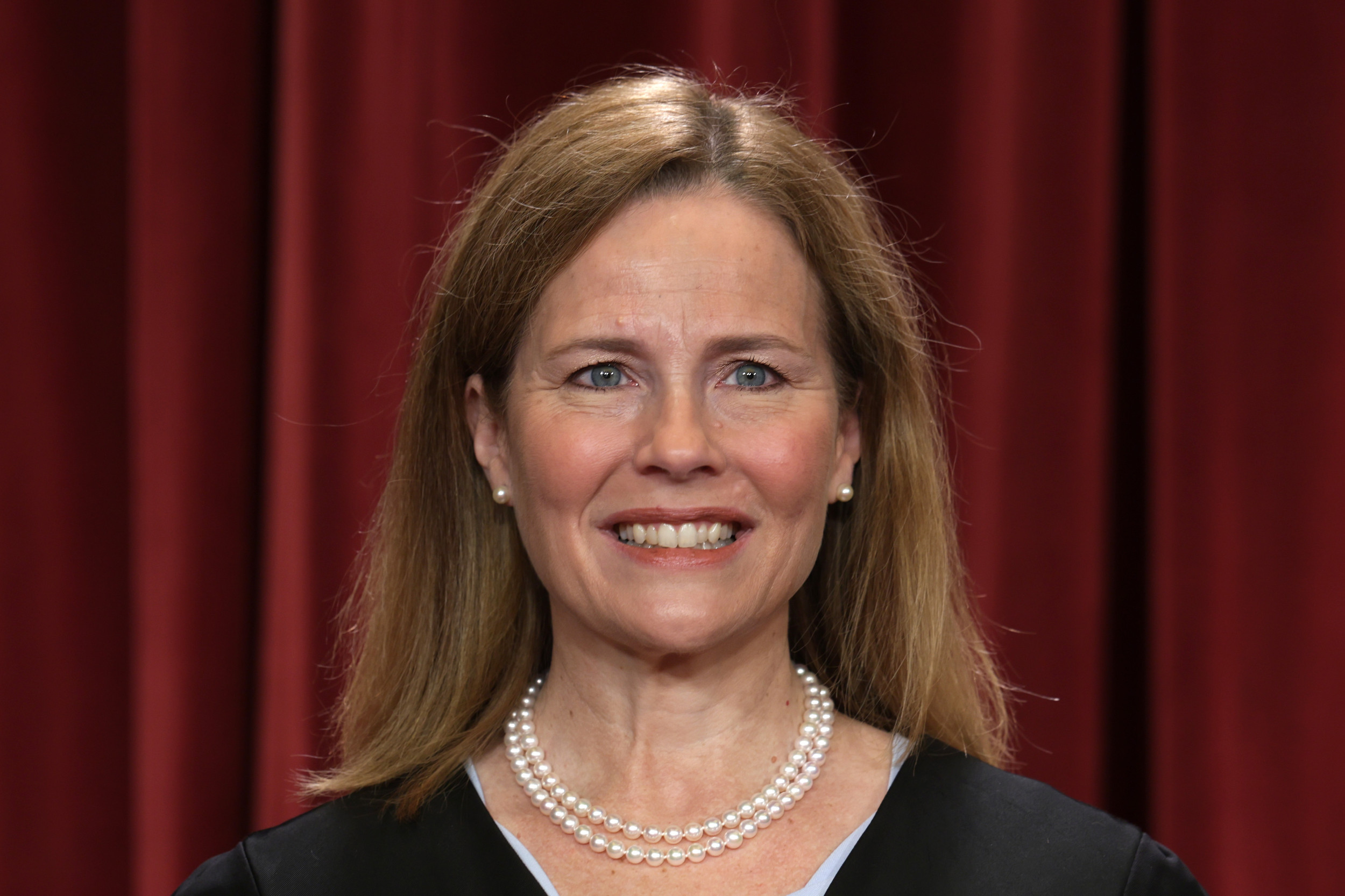Even 30 years ago, climate change models were doing a reasonably good job at predicting future global warming, a study has found.
Previously, climate change deniers had used model inconsistencies to raise doubts about the relationship between greenhouse gas emissions and global warming. Scientists say their research, published in the journal Geophysical Research Letters, "should help resolve public confusion around the performance of past climate modeling efforts."
The team, from the University of California, Berkeley, the Massachusetts Institute of Technology and NASA, found that 14 of 17 climate models produced between 1970 and 2007 were broadly correct in their predictions.
According to the World Meteorological Organization, global temperatures have risen by 1.1 degrees Celsius since the start of the industrial revolution—a trend driven by human activity and specifically, by greenhouse gases emissions. The same report revealed that the global average temperature between 2015 and 2019 was 0.2 degrees Celsius higher than between 2011 and 2015.
Predicting what will happen in the future is tricky because there are many unknowns to factor in—and several directions we as a global society might chose to take. To be accurate, models not only rely on solid physics, but on precise forecasting when it comes to levels of future emissions.
That is where James Hansen's 1988 models for NASA went wrong. The forecasts were inaccurate because his predictions on future emissions did not account for the Montreal Protocol, which came into effect a year later. This meant his predictions for future warming were also wrong.
The Montreal Protocol banned the use of chlorofluorocarbons, or CFCs, which were potent greenhouse gases that were depleting the ozone layer.
"If you account for these and look at the relationship in his model between temperature and radiative forcing, which is CO2 and other greenhouse gases, he gets it pretty much dead on," Hausfather said. "So the physics of his model was right. The relationship between how much CO2 there is in the atmosphere and how much warming you get, was right. He just got the future emissions wrong."
He added: "Physics we can understand, it is a deterministic system; future emissions depend on human systems, which are not necessarily deterministic."
This is why many climate models often offer low emission and high emission scenarios.
For the study, Hausfather and colleagues took two things into consideration when calculating the accuracy of the older models—how did they predict future temperatures, and how did they predict the link between temperature and changes in levels of greenhouse gases.
The researchers say that there were some that projected too little warming and others that projected too much warming. However, most were generally correct when it came to predicting global warming, particularly when differences in emission projections were accounted for.
"We find no evidence that the climate models evaluated in this paper have systematically overestimated or underestimated warming over their projection period," the team wrote.
"The projection skill of the 1970s models is particularly impressive given the limited observational evidence of warming at the time, as the world was thought to have been cooling for the past few decades."
Hausfather added: "The real message is that the warming we have experienced is pretty much exactly what climate models predicted it would be as much as 30 years ago. This really gives us more confidence that today's models are getting things largely right as well."

Uncommon Knowledge
Newsweek is committed to challenging conventional wisdom and finding connections in the search for common ground.
Newsweek is committed to challenging conventional wisdom and finding connections in the search for common ground.
About the writer
To read how Newsweek uses AI as a newsroom tool, Click here.








